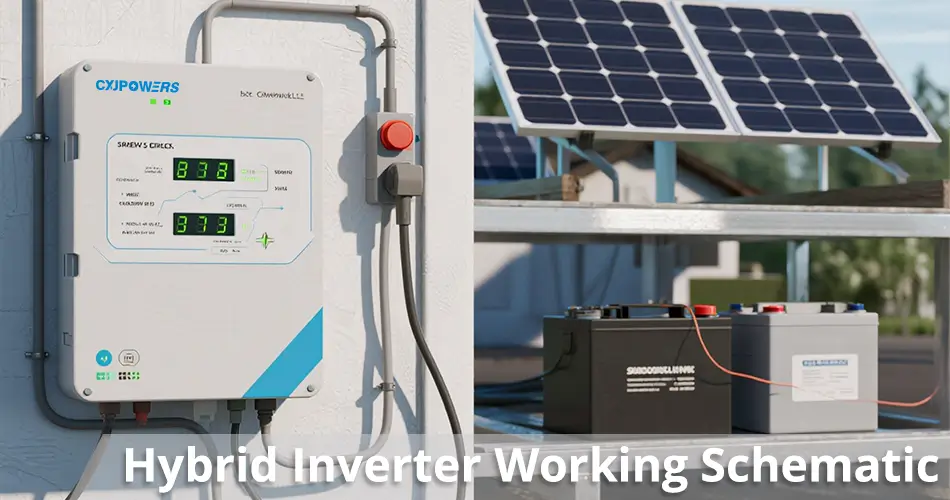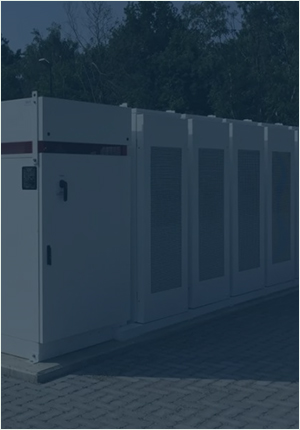2025-07-15 Author : CXJPowers

A hybrid inverter is a multi-functional device that converts DC electricity from solar panels into AC electricity, while also managing the energy flow between solar input, battery storage, and the utility grid. Unlike conventional inverters, hybrid models are capable of working with or without batteries and can operate in both on-grid and off-grid environments depending on system design.
Hybrid inverters support dynamic energy switching, real-time monitoring, and are often used in modern residential and commercial solar installations where energy independence or grid backup is required.
Hybrid inverters can operate without batteries if they remain connected to the grid. In this mode, the inverter supplies solar-generated electricity directly to household loads. Any excess energy may be exported to the grid, depending on the availability of net metering or feed-in tariff policies.
Key Points:
This configuration is commonly used for systems prioritizing self-consumption and cost-saving, rather than energy autonomy.
Running a hybrid inverter without a grid connection—commonly referred to as off-grid mode—introduces additional complexity. Most hybrid inverters require either a grid signal or a battery bank to maintain voltage and frequency stability. In the absence of both, system performance is highly restricted.
What Happens Without Grid and Batteries:
In short, operating without both grid and batteries is unreliable and generally not recommended for critical or continuous power needs.
| System Configuration | Supported? | Notes |
| Grid-connected, no battery | ✅ Yes | Efficient daytime usage, no backup functionality |
| Battery-connected, off-grid | ✅ Yes | Requires correct inverter model with off-grid mode |
| No grid, no battery | ⚠️ Limited | Highly unstable; daylight-only, non-critical loads |
| Grid and battery connected | ✅ Ideal | Full flexibility, real-time switching, backup power |
When designing a hybrid inverter system, several factors determine whether batteries or grid access are necessary:
Hybrid inverters are versatile and capable of supporting various energy configurations. However, operation without batteries or the grid is only feasible under limited conditions and is generally unsuitable for consistent, stable power supply. For full system functionality and energy independence, pairing a hybrid inverter with either the grid or a battery—ideally both—is essential.
Systems designed with incomplete components will be prone to instability, operational limits, and potential equipment damage. A properly engineered solution must consider all usage scenarios and environmental conditions.
If your goal is complete energy independence, then batteries are essential. If your goal is maximizing solar use while remaining connected to the grid, a hybrid inverter without batteries may still be a smart investment.
-------------------
Let me know if you need further adjustments or additional details! We support OEM/ODM. Contact us now!
CXJPowers provides one-stop customized portable power supplies, LiFePO4/ternary lithium battery packs, emergency energy storage solutions, and supports OEM&ODM services.



